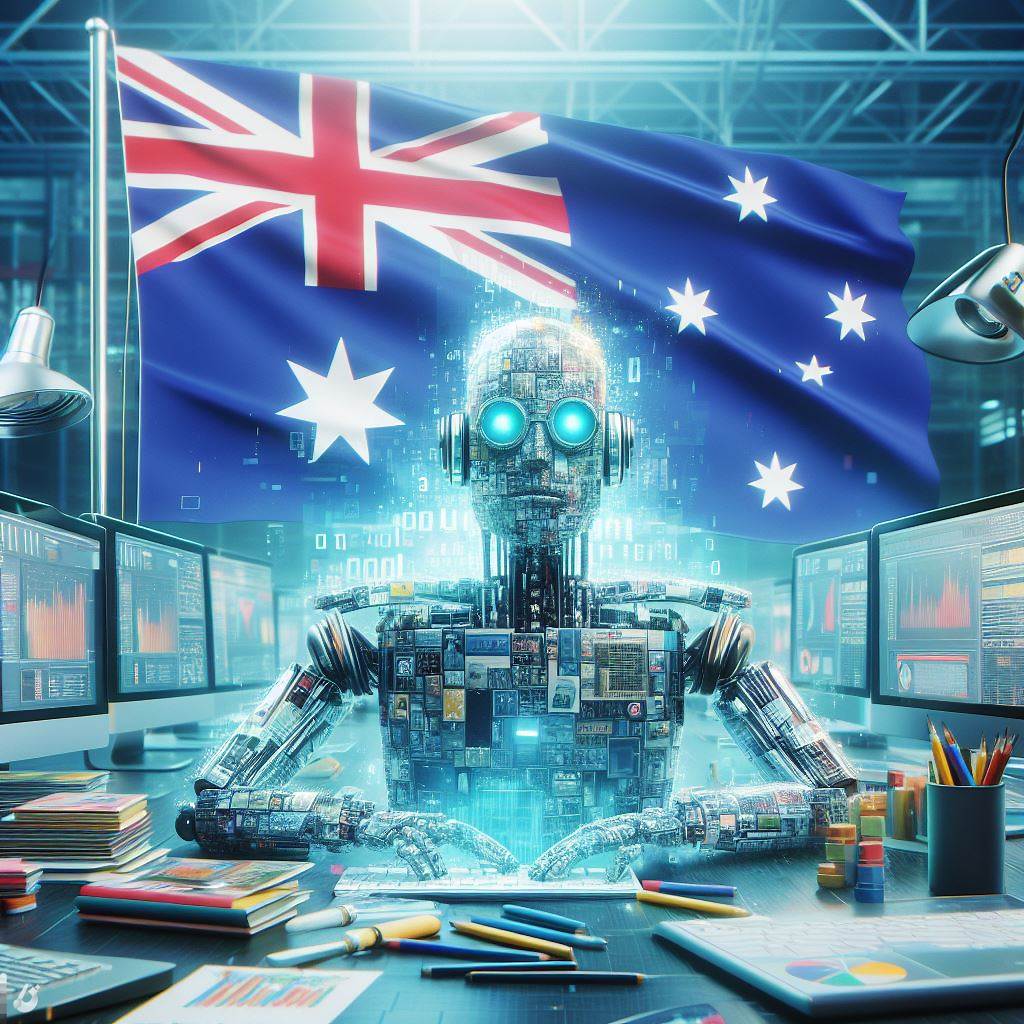
The Australian government is considering the copyright implications surrounding the use of generative AI services like ChatGPT and Dall-E. Industry and Science Minister Ed Husic has signaled the possibility of compensating creatives or publishers whose work is used to train artificial intelligence platforms. Husic emphasized the need for businesses to consider the impact of AI on their workforce, drawing parallels with the effects of automation in manufacturing and agriculture.
During the launch of the government's response to its AI consultation, Husic mentioned ongoing collaboration with the tech industry in 2024. Proposed initiatives include voluntary codes for transparency, accountability, and the requirement to watermark AI-generated images to counter disinformation.
The interim response indicates potential legal reforms in various areas, including data privacy and consumer protections, to keep pace with the rapid development of AI. Copyright has been a central topic in global discussions about AI, with instances like The New York Times suing OpenAI and Microsoft for copyright infringement.
Husic acknowledged the complexity of the issue, citing the example of Google benefiting from permissive regulations in the late '90s. He did not rule out the possibility of licensing agreements in response to claims by news outlets and content generators seeking compensation for the use of their material.
Attorney-General Mark Dreyfus is leading a reference group on copyright reforms, specifically addressing AI-related concerns. The group will explore transparency in AI models, the use of AI to imitate published work, and whether AI-generated work should receive copyright protection.
Shadow Communications Minister David Coleman criticized the government's response, labeling it a "thin response" and expressing concern about Australia's potential lag in managing the impact of the AI revolution. The Australian Academy of Technological Sciences and Engineering emphasized the urgent need for enhanced misinformation laws and mandatory rules for high-risk AI applications.
Australian tech company Atlassian stressed the importance of building trust in AI, asserting its potential benefits for all citizens. Husic, in an ABC radio interview, expressed concern about AI's role in spreading disinformation but acknowledged its challenge to white-collar work in financial markets, accounting, and care provision. Employment and Workplace Relations Minister Tony Burke is also involved in further consultations regarding the workplace implications of AI technology.